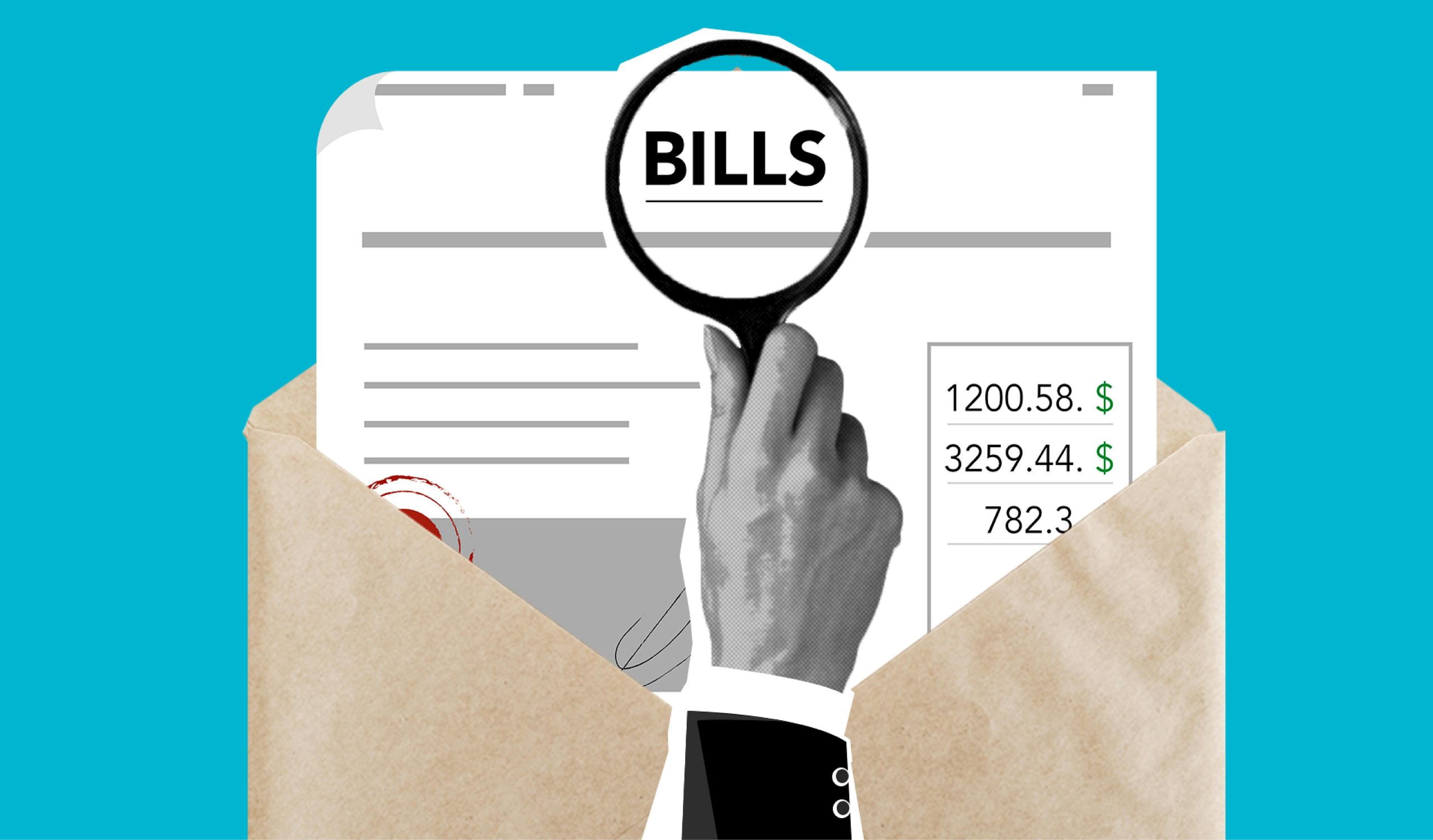Maximizing Tax Efficiency When Purchasing an Electric Vehicle as a Company Director
For directors of small businesses exploring the best financial approach to acquiring an electric vehicle (EV), understanding the tax implications of purchasing versus leasing is essential. Each option offers distinct advantages, especially for VAT-registered companies seeking to optimize costs and tax benefits.
Leasing an EV: VAT Reclaim and Flexibility
Leasing an electric vehicle can be an attractive option, particularly for companies registered for VAT. Since the business can reclaim up to 50% of the VAT on a leased vehicle, this can significantly reduce the overall expense. Additionally, leasing provides the benefit of predictable monthly payments, and often, maintenance and servicing are included, simplifying budgeting.
However, it’s important to note that if the vehicle is used privately, the VAT reclaim may be adjusted accordingly, and the lease terms should reflect the actual business versus private usage to ensure compliance.
Buying an EV Outright: Immediate Tax Deductions
Purchasing an EV outright allows a company to capitalize on immediate tax relief through annual capital allowances. In the first year, the entire cost of the vehicle can potentially be offset against corporate profits, which is particularly advantageous during years with high company tax liabilities.
The availability of first-year allowances for zero-emission vehicles means that full cost recovery can be claimed promptly, effectively reducing the overall tax burden for that fiscal year.
Key Considerations
- VAT Recovery: Ensure the business is VAT-registered to maximize the reclaim of VAT on leasing or purchasing.
- Usage Patterns: Consider the extent of private use, as this impacts VAT reclaim and tax implications.
- Cash Flow: Leasing can preserve capital and improve cash flow, while buying requires a larger initial outlay but provides immediate tax benefits.
- Long-term Planning: Evaluate the expected duration of vehicle use and future lease or purchase options.
Expert Advice
While these insights provide a general overview, consulting with a qualified accountant or tax advisor is essential to tailor the decision to your specific circumstances. They can perform detailed calculations, ensure compliance, and help structure the acquisition in the most tax-efficient manner.
Final Thoughts
Choosing between leasing and buying an EV involves balancing immediate tax advantages, cash flow considerations, and long-term business planning. Engaging early with financial professionals can ensure the most advantageous strategy, allowing your business to benefit from the growing shift toward electric mobility while optimizing tax efficiency.
Disclaimer: This article is for informational purposes only and does not constitute professional









